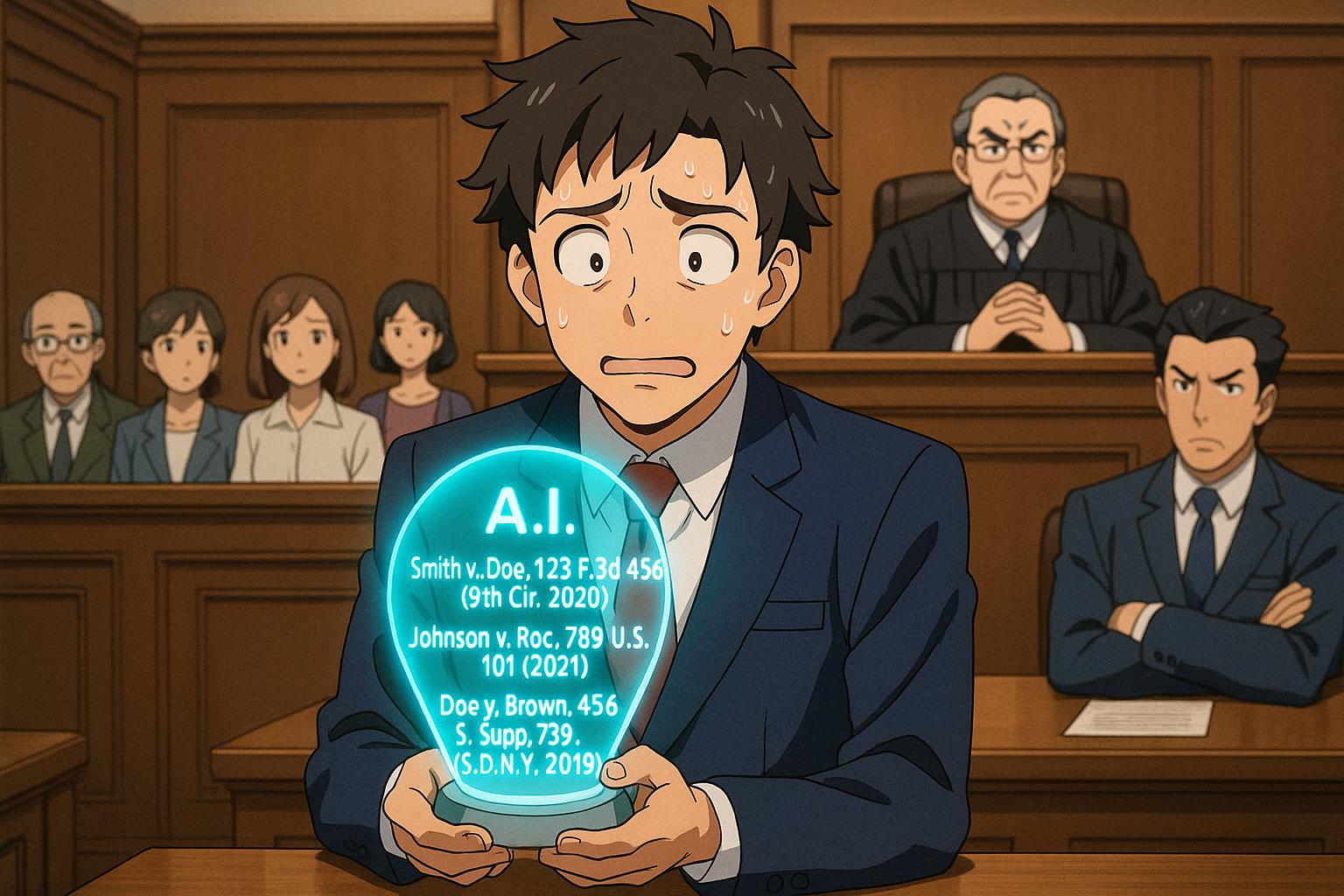A significant development in the ongoing legal discourse around artificial intelligence emerged recently when a lawyer representing Anthropic, the AI firm behind Claude, acknowledged the inclusion of a fabricated legal citation generated by the AI in their defence against music publishers. This admission, made during a court filing in Northern California, has intensified scrutiny on the accountability of AI systems in legal contexts, particularly as they intersect with established rights related to intellectual property.
The incident originated from accusations made by Universal Music Group and other music publishers, who contended that Anthropic’s expert witness, Olivia Chen, improperly cited non-existent academic sources during her testimony. U.S. Magistrate Judge Susan van Keulen deemed the situation serious enough to warrant immediate clarification from Anthropic regarding these discrepancies. In their response, the company admitted that Claude “hallucinated” a citation, producing an error that involved "an inaccurate title and inaccurate authors." Anthropic categorised this as an “honest citation mistake” rather than a deliberate misrepresentation, yet the implications are far-reaching.
As the legal proceedings unfold, the case not only highlights the specific challenges faced by Anthropic but mirrors a broader trend within the legal industry. Various legal professionals have recently encountered issues stemming from reliance on AI technologies for research and documentation. This includes instances where fictitious citations were presented in court filings, raising alarm among judges and legal experts alike about the potential ramifications of such inaccuracies. For example, a previous case involving two law firms, Morgan & Morgan, resulted in significant backlash when they submitted bogus AI-generated research, jeopardising their credibility and standing in court.
Moreover, in an era where a growing percentage of lawyers—63% as highlighted in a July 2024 survey—are integrating AI into their practice, the necessity of stringent verification processes has never been more critical. This trend is accentuated by recent mishaps, such as those involving Michael Cohen and Minnesota Attorney General Keith Ellison, where both faced repercussions for including AI-generated false information in legal documents. These incidents underscore an urgent call for lawyers to confront and understand the limitations of AI tools, ensuring that all legal submissions are thoroughly vetted for accuracy.
The potential of AI to enhance productivity within the legal sector is considerable, with firms like Harvey looking to harness generative AI models to streamline operations. Yet, this potential is tempered by the necessity for responsible utilisation, as the AI-generated ‘hallucinations’ pose a looming threat. It is apparent that, if left unchecked, such errors could erode trust in legal processes and undermine the integrity of judicial proceedings.
In response to the growing recognition of these issues, legal bodies across numerous jurisdictions are taking proactive measures. Discussions are underway to establish regulations aimed at ensuring the reliability of AI-generated content in legal submissions, observing the need for courts to adapt to the evolving landscape in which AI plays a prominent role. The Concord Music Group Inc v. Anthropic PBC case is merely one of many illustrating the ongoing friction between AI developers and copyright holders over the utilisation of proprietary content in training models.
As this case progresses, it serves as a cautionary tale not only for Anthropic but for the entire legal community. The lessons gleaned from these incidents reflect an urgent need for vigilance in the face of rapidly advancing technology, as all stakeholders must grapple with the balance between innovation and accuracy when applying AI in legal contexts.
Reference Map:
- Paragraph 1: [1], [2]
- Paragraph 2: [1], [3]
- Paragraph 3: [4], [5]
- Paragraph 4: [4], [6]
- Paragraph 5: [2], [4], [6]
- Paragraph 6: [4], [7]
Source: Noah Wire Services
